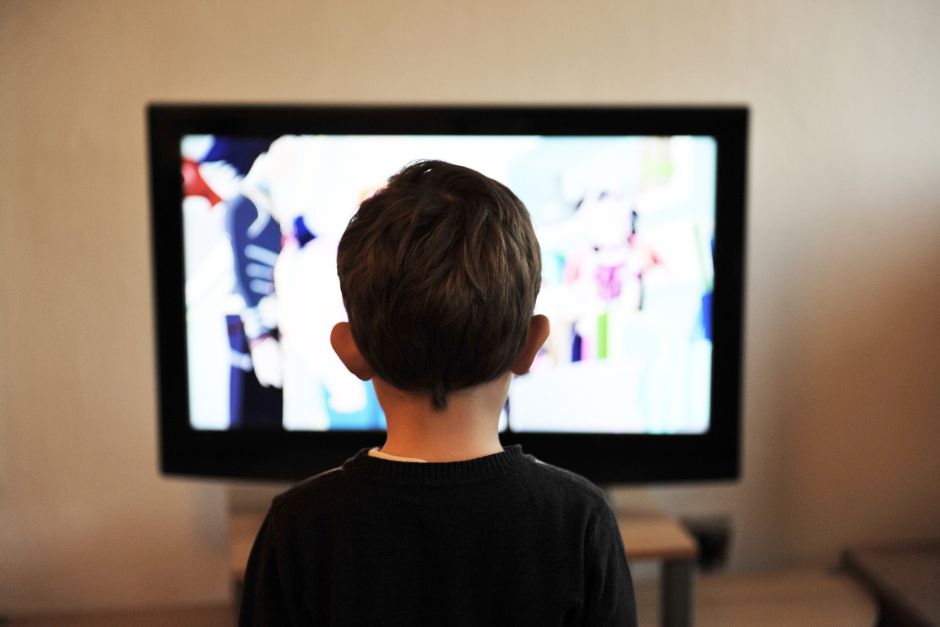Over the last weeks, social media and news feeds have been flooded with horrific stories and violent images from Israel and Gaza. Watching the devastation has been extremely disturbing and upsetting to adults. But what about the effects on children and adolescents, especially those who have experienced previous trauma?
According to a recent study in the journal Science Advances, excessive media exposure to mass violence is not good for anyone’s mental health and “can fuel a cycle of distress.”
For young people, it can be especially anxiety-provoking when many of the graphic images they are seeing involve other children. And, those who have previously gone through trauma, may be especially sensitive to seeing victims they can identify with. In effect, they may experience “secondary trauma”; even though they are not the direct victim, they may feel a level of trauma that has a significant impact on their mental health causing elevated anxiety, depression, fear or stress.
As parents, it’s a natural reaction to want to protect our children from witnessing the horrors of war. This may be possible if your child is young. But you can’t completely shield older children, who are in school and have access to devices and social media. So how do we help them cope with what they are hearing and seeing?
Coping Strategies
- Limit exposure – This is a time when you may want to turn off the news if you have young children in the house. As they become adolescents and teens, especially if they are on social media, parents should work with their children to establish limits on how much time they spend on social media or which sources they are going to for information. It may be helpful to institute family breaks from devices and screens or help your child identify reliable and trustworthy sources for news and information.
- Have an honest and open discussion – With younger children, it’s hard to know what they know. So, you may want to start a conversation with open-ended questions: “Have you heard about what is going on in Israel?”, “What have you heard?”, “How does that make you feel?”, “Do you have any questions?” As children get older the questions can be more in-depth and pointed. “Where have you been getting your information?”, “Is there something that is confusing you?”
It’s okay not to know the perfect things to say. If you don’t know the answers to their questions, you may make it an opportunity to research information together with your child. It’s tempting to want to avoid such a terrible topic, but not communicating about what is happening may actually increase your child’s anxiety, especially if they have questions.
- Provide reassurance but don’t dismiss feelings and fears – You can acknowledge that the situation is sad and upsetting. Ask them what they are worried about and talk through it with them. Be honest but also make them feel safe.
- Opt for words over images – If you have an older child, encourage them to read newspapers or articles rather than watching videos for reputable and reliable information. Watching hours of graphic content on YouTube is not good for anyone’s mental health.
- Make sure your child takes time to recharge – This is a good time for families to focus more on self-care and stress management. Get outside, exercise and spend time doing activities with your child that they enjoy. Ensure that your teen is getting enough sleep. Supporting their overall wellness will help them feel more resilient and better able to cope with what they are hearing and seeing.
- Keep an eye on how your child is doing – Some children will experience a greater emotional impact than others. If you see your child’s moods or behaviors changing, check in with them.
- Reach out for help – If your child seems to not be coping with their fears, is very upset over several days, has persistent nightmares, or is having trouble in school, at home or with their friends, you may want to get professional help. Reach out to your pediatrician, a school counselor or a mental health professional for support.
Additional Resources
- How to Talk With Kids About Tragedies & Other Traumatic News Events
- How to Talk With Your Child After an Act of Terrorism
- SchoolCrisisCenter.org (National Center for School Crisis and Bereavement)
- How to Talk With Your Child About Conflict and War (UNICEF)
- Jamie Howard of the Child Mind Institute on talking with children about the Israel/Gaza conflict.


